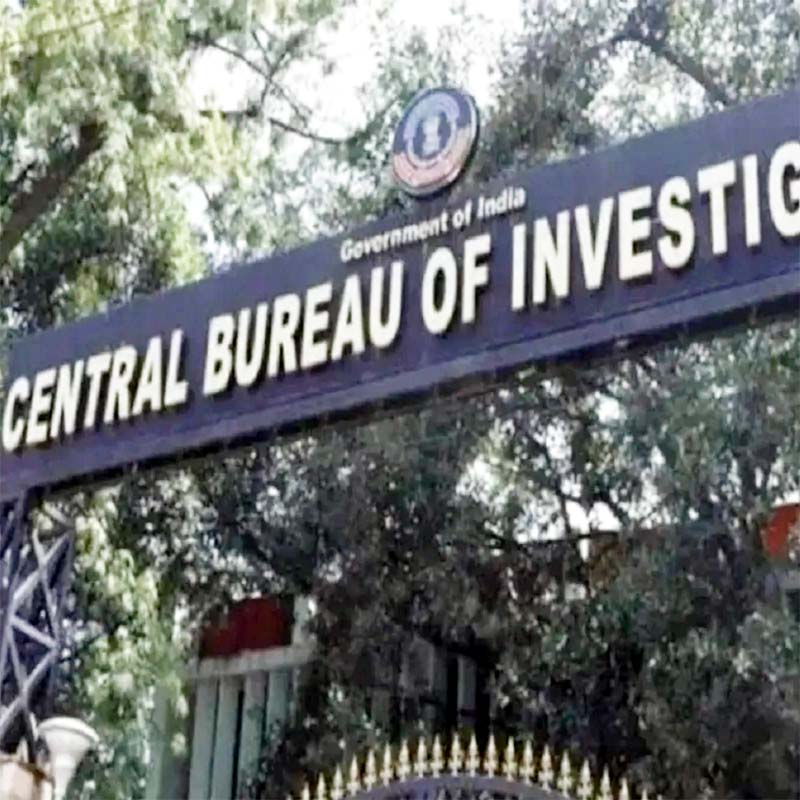NEW DELHI, Jan 8: Putting a fresh shine on the old cliche of ‘every contact leaves a trace’, the CBI used a “chance” thumb impression of a customs official, who was purportedly let off in four cases of alleged gold theft from the department vaults, on a non-precious metal he used to replace the gold with, to charge him in a fifth.
The CBI has booked Sanjeev Kumar of the Customs Department for allegedly stealing the gold seized by the department kept in strong rooms by replacing it with a non-precious yellow metal, they said.
The agency had received a go-ahead from the Home Ministry to probe the theft of over 36 packets of gold from the vaults of the Customs Department, with about 38 kilograms of seized gold kept in Valuable Godown of the Department at Indira Gandhi International Airport in the form of bullion and jewellery which had come to light during a stock-taking exercise in 2016.
The CBI arrested Kumar in connection with the case in the year 2017 from Sonepat.
Kumar, a superintendent in the Customs Department, served at the IGI Airport in two tenures — between September 19, 2002 and January 13, 2003; and October 13, 2003 to April 19, 2004,
During the investigation, scientists from the Central Forensic Laboratory found chance fingerprints on five out of 21 packets, including packet S-217/85/04 referred to in the present case against Kumar.
The agency collected fingerprints of various Custodians of Valuable Godown of Customs at Indira Gandhi International Airport, where these seized packets were kept for safekeeping during the pendency of adjudication and court proceedings, they said. The CBI alleged that the CFSL report matched the fingerprint specimen of Kumar with that of a right thumb impression found “on the yellow non-precious metal bar” allegedly used to replace the gold from the packet in question.
After filing the charge sheet, when the matter came before a Special Court for framing charges against Kumar, his counsel argued that there was insufficient evidence against his client.
Kumar also argued that no recovery of gold was made from him and the only evidence with the CBI was a “chance” thumb impression which was plausible because, being one of the many custodians, he was handling the packets like his other peers. The counsel argued that the accused was one of the many custodians posted for various tenures; there was a possibility that his fingerprints would be on parcels kept in the godown.
He said there were five similar cases against his client, and charges have been dropped in four cases.
The special court rejected the argument underlining that, as per the CBI charge sheet, the fingerprint was not found on the packet but on two rectangular bars of non-precious “yellow metal” inside the packet allegedly used to replace the gold.
“This fact does raise a strong suspicion against the accused for having committed the alleged offence as there is no prima facie justification why the article lying inside the seized packet should be containing the purported fingerprints of the custodian, in the present case being the accused (Kumar). This circumstance would have to be explained by the accused during the trial,” Chief Metropolitan Magistrate Anjani Mahajan noted.
The court also said that the accused being discharged in other cases is irrelevant as the defence had not provided the details, and each case is to be considered on its own facts.
In the present case, “sufficient material” is on record to frame the charge, it said. It framed the charge of criminal breach of trust by a public servant against Kumar to proceed with the trial in the case. (PTI)


